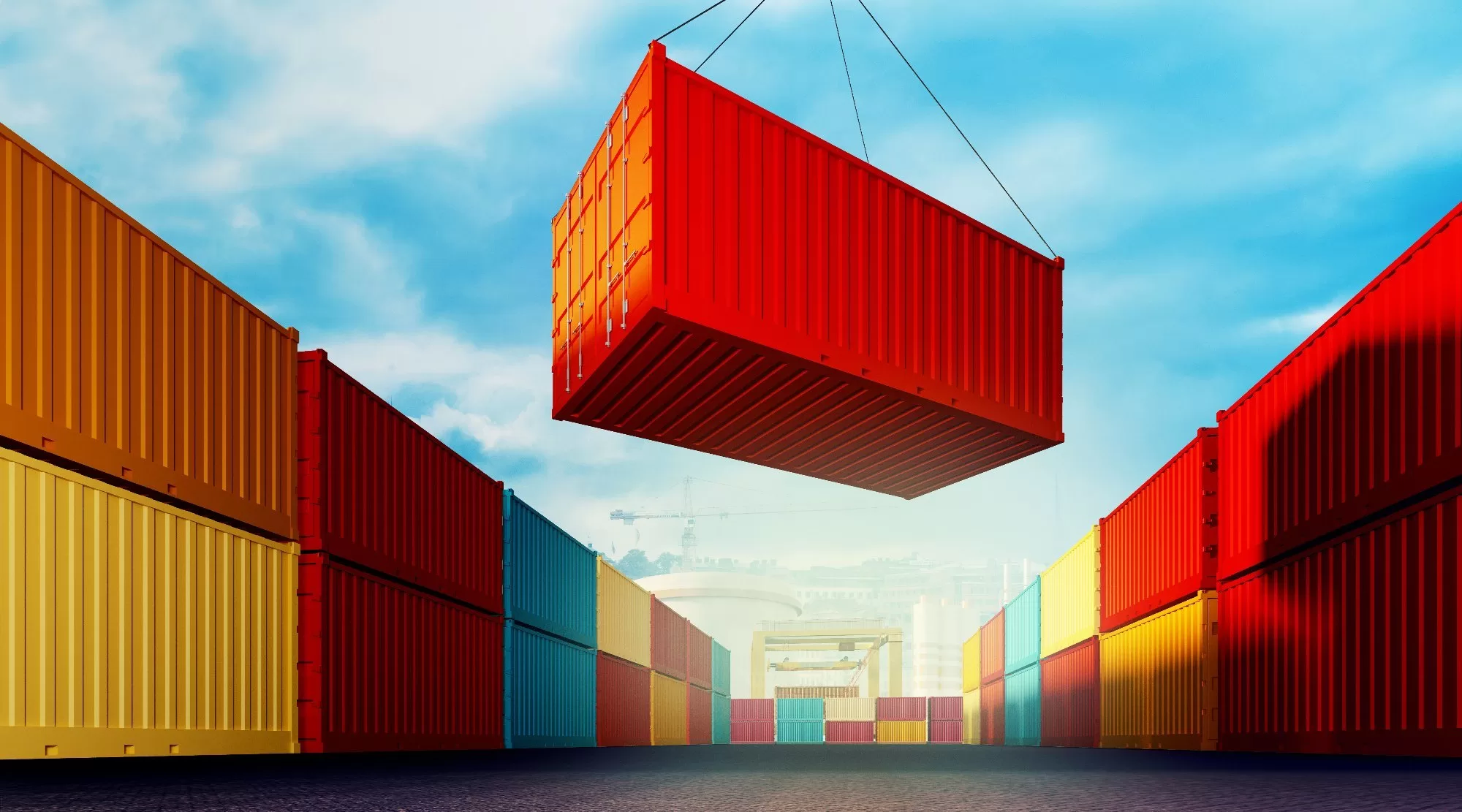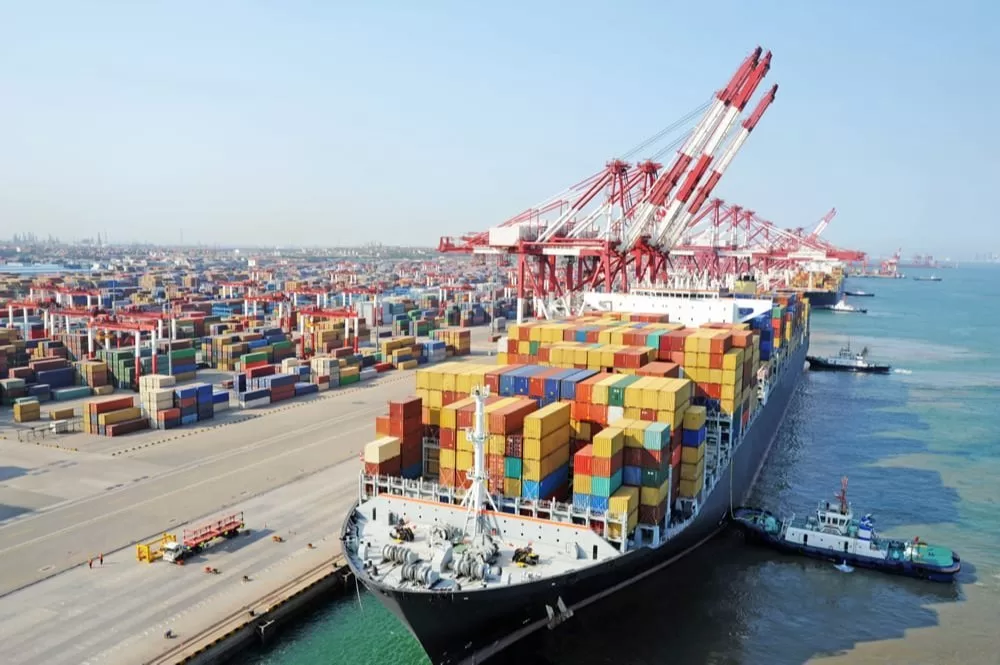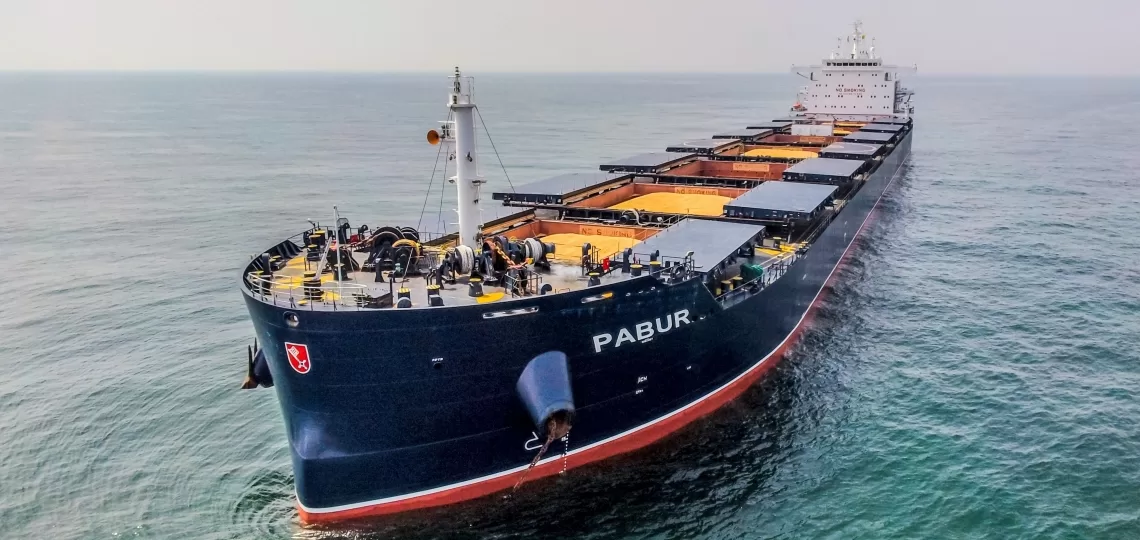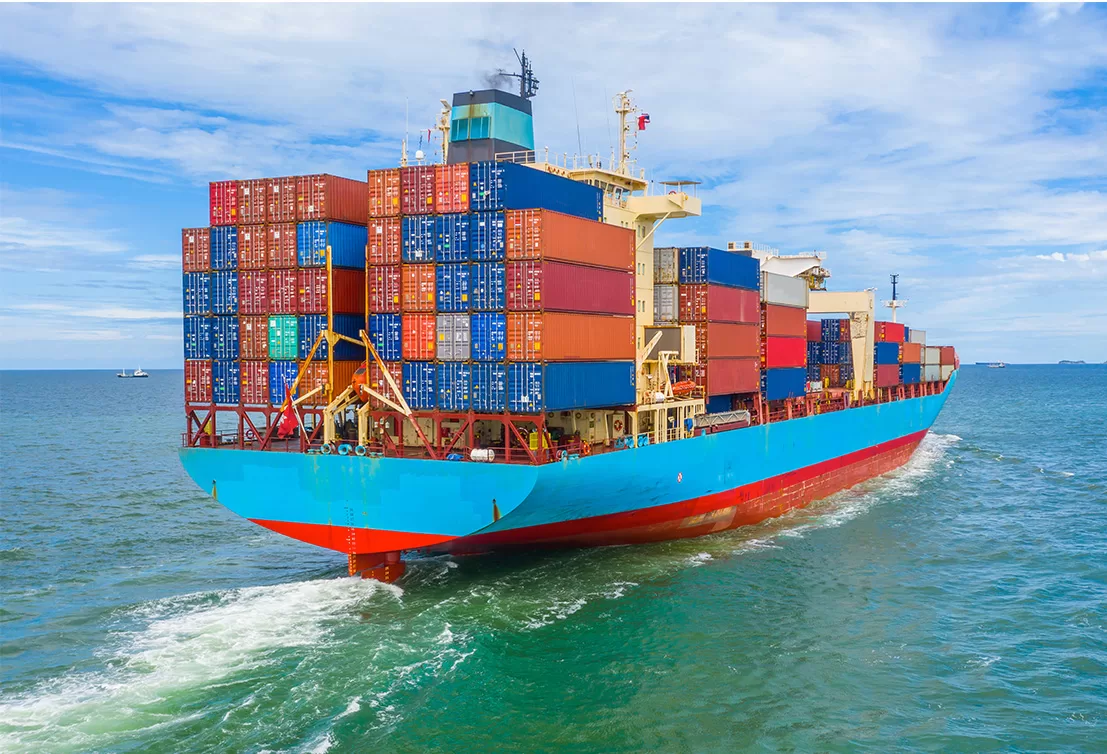Choosing Between a Local vs. Global Bulk Cargo Service Provider: What’s Best for Your Business?
The choice between a local and global bulk cargo service provider can significantly impact your business operations, costs, and customer satisfaction. A bulk cargo service provider serves as the backbone of your logistics network, handling everything from raw materials to finished goods across continents or within regional markets.
Local providers typically offer specialized knowledge of regional regulations and infrastructure, while global operators bring extensive international networks and standardized processes. For example, a Midwest grain exporter might prefer a local provider familiar with Mississippi River barge logistics, whereas an automotive parts manufacturer shipping globally needs a provider with container expertise across multiple ports. This decision requires careful evaluation of your specific shipping volumes, destinations, and operational requirements.
Cost Considerations When Choosing a Bulk Cargo Service Provider
When selecting bulk cargo service providers, cost analysis must go beyond simple freight quotes. Local providers often present lower base rates but may lack volume discounts that global carriers can offer. Global providers typically maintain negotiated rates with major ports and carriers, potentially reducing costs by 15-25% for frequent shippers.
However, hidden expenses can alter this equation. Local providers usually have fewer accessorial charges for services like warehousing or last-mile delivery. A 2023 logistics survey revealed that businesses using regional bulk cargo specialists saved an average of 18% on ancillary fees compared to global operators. The key is to model total landed costs for your specific shipping patterns before deciding.
Bulk Cargo Service Provider: Network Coverage and Shipping Flexibility
Global bulk cargo service providers maintain extensive networks spanning dozens of countries and transportation modes. Major players like Maersk or DHL operate integrated systems combining ocean freight, rail, and trucking – ideal for complex international supply chains. Their standardized processes ensure consistent handling from Shanghai to Chicago.
Conversely, local providers deliver unmatched flexibility for regional needs. A Pacific Northwest timber company found its local provider could arrange specialized, flatbed trucks within 24 hours, while global operators required 72-hour lead times. For businesses with concentrated shipping lanes or urgent regional demands, local expertise often proves more responsive.
Regulatory Compliance and Documentation Expertise
International shipping involves navigating complex customs regulations, trade agreements, and safety protocols. Global bulk cargo service providers employ dedicated compliance teams that track hundreds of regulatory changes annually. They automate documentation processes, reducing clearance delays by up to 40%, according to World Bank logistics data.
Local providers shine when handling region-specific requirements. A Texas oil equipment manufacturer discovered its Houston-based provider better understood EXIM compliance for Mexico-bound shipments than global competitors. For industries with specialized cargo (hazardous materials, perishables, etc.), local knowledge of state/provincial rules often proves invaluable.
Technology and Visibility Capabilities
Leading global providers invest heavily in digital platforms offering real-time tracking, predictive analytics, and API integrations. These systems provide shipment visibility across multiple transport modes and geographies – which is crucial for managing international just-in-time supply chains. Modern global operators now offer AI-driven routing that reduces transit times by 12-18%.
Regional bulk cargo service providers are catching up technologically. Many now partner with logistics tech firms to offer competitive tracking and reporting tools. A Midwest agricultural co-op found its regional provider’s customized dashboard for barge movements more practical than global platforms designed primarily for container shipping.
Risk Management and Contingency Planning
Global providers typically offer superior risk mitigation through diversified routing options and established contingency networks. During the 2021 Suez Canal blockage, companies using global carriers could pivot to alternate routes faster than those dependent on regional specialists. Global operators also maintain larger insurance policies and more robust claims processes.
However, local providers excel at managing regional disruptions. When winter storms paralyzed Midwest railroads in 2022, regional bulk cargo specialists leveraged local contacts to secure truck capacity faster than national competitors. Businesses must weigh their primary risk exposures – international trade uncertainties or local/regional disruptions.
Customer Service and Relationship Dynamics
Global providers often struggle with impersonal service structures, while local bulk cargo service providers typically offer direct access to decision-makers. A construction materials supplier reported its regional provider’s president personally handled a critical cement shipment delay, whereas global providers escalated issues through multiple service tiers.
That said, global operators are improving service models. Many now assign dedicated account teams for high-volume clients, blending global resources with localized support. The optimal choice depends on your need for white-glove service versus self-service through digital platforms.
Sustainability and Environmental Considerations
Global shipping leaders have made significant sustainability investments, from carbon-neutral vessel fleets to electric last-mile vehicles. Maersk’s ECO Delivery program, for instance, reduces emissions by 20% through advanced biofuels. These programs help multinationals meet corporate sustainability targets.
Local providers often have inherent environmental advantages through shorter supply chains. A Pacific Northwest study found regional bulk transport generated 35% fewer emissions than international routing for comparable distances. Businesses must balance global sustainability initiatives against the fundamental carbon benefits of localized shipping.
Making the Right Choice for Your Bulk Cargo Service Provider
Selecting between local and global bulk cargo service providers requires a multidimensional analysis of your business priorities. Global operators deliver unmatched international reach and technological sophistication, while local providers offer specialized regional knowledge and operational flexibility. Many businesses ultimately choose a hybrid approach – using global providers for international legs and local specialists for final distribution.
The optimal solution depends on your cargo profile, geographic footprint, and strategic objectives. Companies should conduct thorough request-for-proposal processes with both provider types, comparing costs, service capabilities, risk mitigation approaches, and sustainability offerings. With careful evaluation, you can build a bulk shipping strategy that delivers efficiency and resilience.






